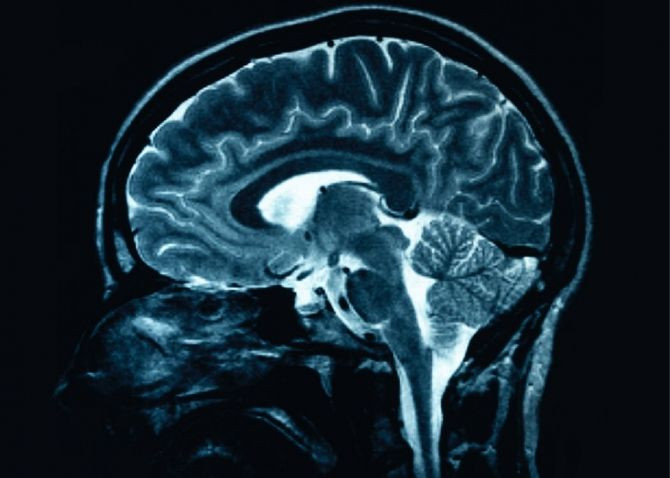Memories Assist in Future Decision-Making

Memories are not just past occurrences that one can relive they can also serve as a tool for the decision-making process.
According to Alison Preston, the lead study author and assistant professor of psychology and neurobiology at the University of Texas, Austin, reflecting on memories of the past assist one to make better decisions in the future.
The study, which comprised of 34 participants, using functional Magnetic Resonance Imaging (fMRI) equipment, monitored each person’s brain activity. The subjects were shown a sequence of paired images, such as an object and an outdoor scene. Each image would reappear once again in different demonstrations. Researchers would pair an image of a backpack with a horse, and then in a later presentation the backpack would be placed alongside a field, a different scenery from the preceding one.
The overlap between the backpack and the horse and field scenery would trigger the participants to correlate the backpack and the horse and field scenery. This strategy was used to examine how the subjects recall recent memories, while processing new ones.
Preston and her team used the fMRI to observe the images of one’s brain during their recollection process. They were able to understand how the subjects were able to respond to thought about past images while observing new overlapping images. The study revealed the participants were able to reactive memories related to images between individual items such as the horse and the field, were able to make associations with the items although the images were not observed together.
To simplify the theory into laymen terms, Preston wants one to imagine seeing a neighbor walking a Great Dane, then in another time and place you see someone else walking a Great Dane in a park. During the second encounter the brain recalls the memory of the neighbor walking the Great Dane, associating the two together and making the connection that the woman walking the Great Dane is a new neighbor.
“This is just a simple example of how our brains store information that goes beyond the exact events we experience by combining past events with new information, we’re able to derive new knowledge and better anticipate what to expect in the future,” Preston says.
The study was published in Neuron.
Published by Medicaldaily.com



























